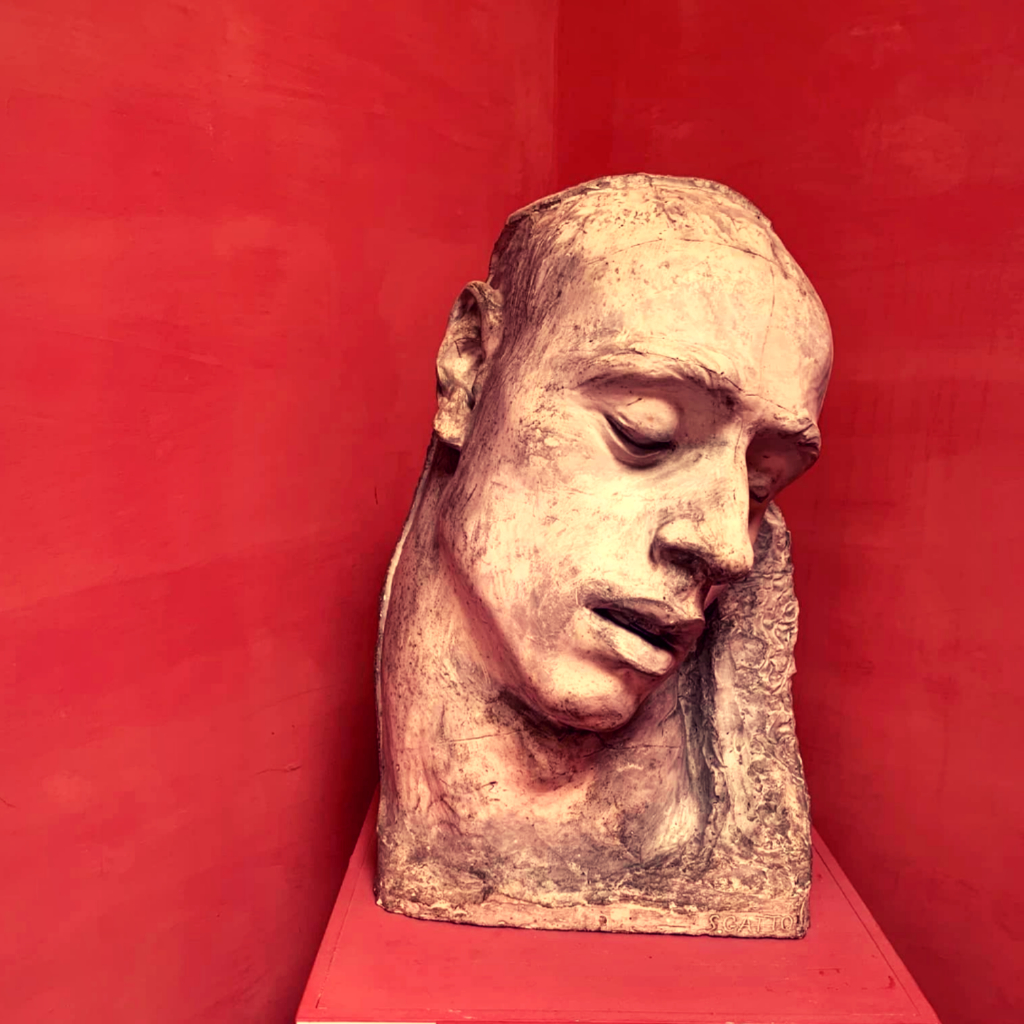Based on a November 2010 survey by the British BBC Music Magazine among 100 conductors from different countries, including such musicians as Colin Davis (UK), Valery Gergiev (Russia), Gustavo Dudamel (Venezuela), Maris Jansons (Latvia), Nikolaus Harnoncourt was ranked fifth in the list of the twenty most outstanding conductors of all time. He inducted into the Gramophone Hall of Fame.
“Art has many correct interpretations, but also many wrong ones,” said conductor Nikolaus Harnoncourt in an interview with the Austrian newspaper “Der Standard.” That might indicate a dogmatic stance, but it was anything but. “I know of course that with nearly every opinion and piece of knowledge, the opposite opinion and piece of knowledge is equally true. Life isn’t that simple. I can only learn through criticism.”
That basic openness was reflected in Harnoncourt’s work with orchestras. “I have always encouraged musicians to tell me immediately if something in my explanations sounds suspicious. And if, in return, they can convince me of something – and that has happened – then that’s what we’ll do.”
Conducting without a baton, Harnoncourt used his hands, eyes – and his emotional and intellectual presence. Lacking in his gestures, however, was a clear indication of the beat. “We don’t even look at him,” one orchestra member revealed. Added a colleague, “We only play to see him look happy.”
Praise and recognition from external sources seem to have made Harnoncourt less content, however. “Now they’re lavishing praise over me for my lifetime achievement. Terrible. It sounds so final. I’m not finished yet! Or do you want this feeble old man to quit?” he asked rhetorically after winning the Echo-Klassik lifetime achievement award in 2014.
Get here:



